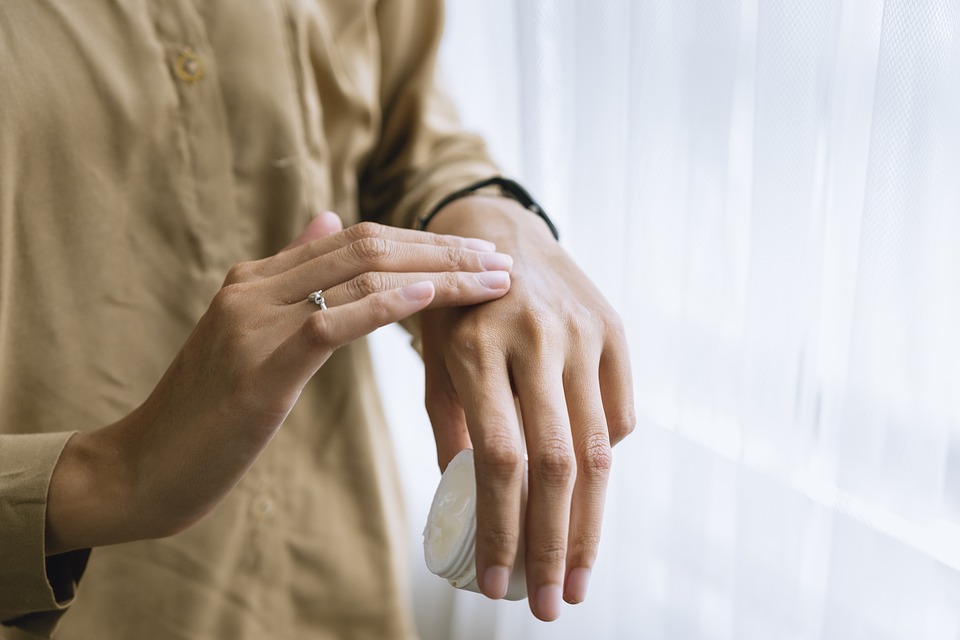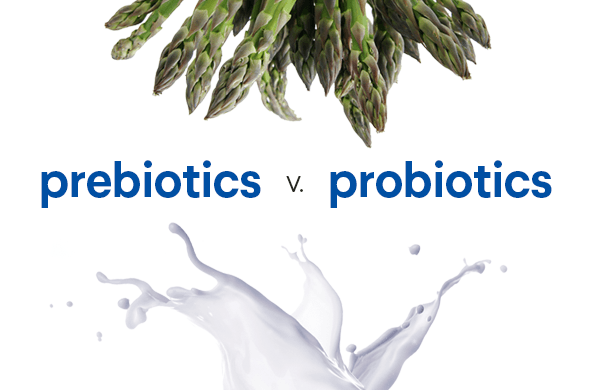As someone who cares about their skin, you’ve probably heard of the buzz surrounding probiotic skin care products. It seems like every brand is jumping on the bandwagon, claiming that their probiotic-infused creams, cleansers, and serums can work wonders for your skin.
But is this just another fad, or is there actually science to back up the hype? To get to the bottom of things, we’ve talked to experts in the field to find out what probiotic skin care is all about, and whether it’s worth your investment.
What Are Probiotics, Anyway?
Before we dive into the skin care benefits of probiotics, let’s take a quick look at what they actually are. Probiotics are live microorganisms that live in our gut and help keep our digestive system healthy. They’re found in foods like yogurt, sauerkraut, and kefir.
So, what do probiotics have to do with skin care? Well, as it turns out, our gut and skin are intimately connected. Research has shown that the microorganisms that live in our gut can influence the health of our skin, and vice versa.
How Probiotics Can Help Your Skin
Now that we know a bit more about probiotics, let’s talk about how they can help your skin. The idea is that by applying probiotics topically to your skin, you can help support its natural microbiome, which in turn can lead to a healthier, clearer complexion.
Here are some of the potential benefits of using probiotic skin care products:
1. Reducing Inflammation
Inflammation is a common cause of many skin conditions, including acne, rosacea, and eczema. By applying probiotics topically to your skin, you may be able to help reduce inflammation and soothe irritated skin.
2. Balancing Your Skin’s Microbiome
Just like your gut has a microbiome, your skin does too. This microbiome is made up of a diverse community of microorganisms that help keep your skin healthy. By using probiotic skin care products, you can help support this microbiome and keep it in balance.
3. Improving Your Skin’s Barrier Function
Your skin’s barrier function is what keeps moisture in and harmful pollutants out. When this barrier is compromised, it can lead to dryness, irritation, and other skin issues. Probiotic skin care products may be able to help strengthen your skin’s barrier function and keep it healthy.
4. Fighting Free Radicals
Free radicals are unstable molecules that can
cause damage to your skin cells and accelerate the aging process. Probiotics have antioxidant properties, which means they can help neutralize free radicals and protect your skin from damage.
What the Experts Say
So, is probiotic skin care worth the hype? According to experts in the field, the answer is a resounding yes.
Dr. Whitney Bowe, a board-certified dermatologist and author of “The Beauty of Dirty Skin,” says that probiotics can be a game-changer for many people struggling with skin issues.
“By using probiotic skin care products, we can directly influence the health and balance of our skin’s microbiome,” she explains. “This can help reduce inflammation, soothe redness and irritation, and promote a clear, radiant complexion.”
Dr. Bowe also notes that probiotics can be particularly helpful for those with sensitive or acne-prone skin, as they can help reduce inflammation and balance the skin’s oil production.
Similarly, Dr. Rachel Nazarian, a board-certified dermatologist at Schweiger Dermatology Group, says that probiotics can be a valuable addition to a healthy skin care routine.
“Probiotic skin care products can help to strengthen the skin’s natural defense mechanisms and improve its overall health and appearance,” she says. “They can be especially helpful for those with compromised skin barriers or conditions like eczema or rosacea.”
How to Choose the Right Probiotic Skin Care Products
With so many probiotic skin care products on the market, it can be tough to know where to start. Here are some tips for choosing the right products for your skin:
1. Look for Products with Live Cultures
To reap the full benefits of probiotic skin care, you’ll want to look for products that contain live cultures of beneficial bacteria. Look for phrases like “contains live cultures” or “probiotic-rich” on the label.
2. Check the Ingredients List
Make sure to read the ingredients list carefully and avoid products with harsh or irritating ingredients. Look for gentle, nourishing ingredients like aloe vera, chamomile, and hyaluronic acid.
3. Consider Your Skin Type
Different probiotic strains may be more beneficial for different skin types. If you have oily or acne-prone skin, look for products containing lactobacillus or bifidobacterium. If you have dry or sensitive skin, look for products containing streptococcus thermophilus or lactococcus lactis.
Final Thoughts
While probiotic skin care may seem like just another trend, there is actually science to back up its effectiveness. By supporting your skin’s natural microbiome, probiotics can help reduce inflammation, balance your skin’s oil production, and protect it from damage.
Of course, as with any skin care product, it’s important to choose high-quality, gentle products that are appropriate for your skin type. But if you’re looking to give your skin a boost, it’s worth considering adding probiotic skin care products to your routine. Your skin – and your gut – might thank you for it.







